Some customers may be experiencing delays or errors with the Contact Mobile app or Mobile Web-portal. Our team is on it and hope to have it sorted soon. We’ll update this message as soon as we have more information. Sorry for this.
We’re all about creating a sustainable energy future for Aotearoa. Our flexible generation fleet has the country covered no matter the weather.
A low carbon energy source, heat and fluid from deep in the earth is harnessed through wells and turned into electricity.
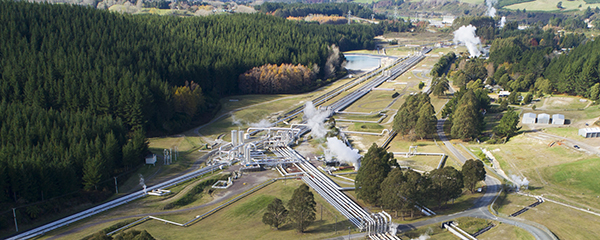
Commissioned in November 1958, Wairākei power plant is situated on the Wairākei geothermal system. Wairākei, the first geothermal plant of its kind in the world, is an iconic symbol of New Zealand's electricity generation system. The Wairākei A and B stations have 10 steam turbines ranging in size from 4–30 megawatts (MW). The station's capacity is 132 MW.
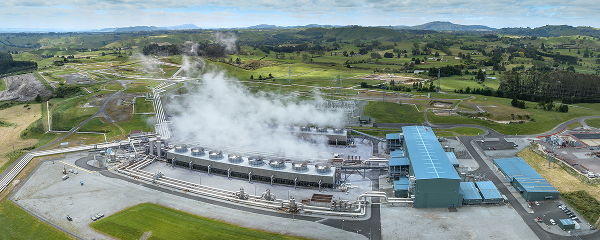
Te Mihi geothermal power station is part of Contact's dedication to provide safe, reliable and efficient electricity. Te Mihi uses heat from deep inside the earth to generate electricity. Te Mihi has a 166 megawatt (MW) of generating capacity, enough to power over 160,000 Kiwi homes and is located on the Wairakei geothermal field, northwest of Taupō.
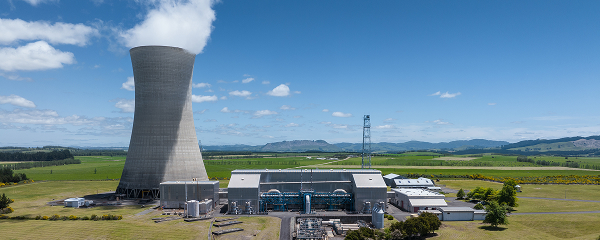
The Ohaaki geothermal power station was commissioned in 1989. Production wells at Ohaaki are, on average, 1.2 km deep and reach water at temperatures up to 280°C. The most distinctive feature at Ohaaki is the 105 metre high cooling tower. Using natural convection, the tower cools the water used to condense the steam as it exits the power turbines.
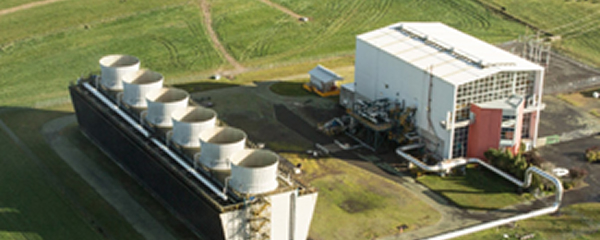
The Poihipi Road power station was commissioned in 1997 and was bought by Contact in 2000. It is situated on the Wairakei geothermal system and is now operated as an integrated part of Wairakei steamfield. Poihipi has a capacity of 50 MW.
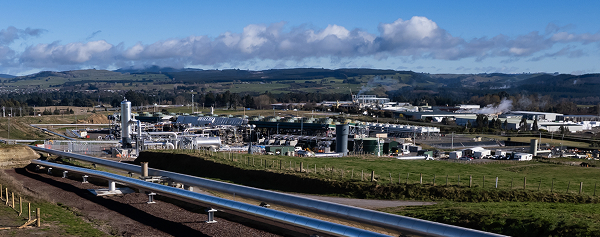
Commissioned in 2010, Te Huka geothermal power station delivers around 28 megawatts to the grid. At Te Huka power station, electricity is generated through a binary (organic rankine cycle) process. It is the first power station to be built on the Tauhara geothermal steamfield.

Opened in November 2024, at peak our geothermal power station at Tauhara can produce up to 174 megawatts of electricity, enough to power around 200,000 homes. It derives its power from the world’s largest single shaft geothermal turbine. The biggest blade on the turbine has a diameter of over three metres long and it spins at 3,000 revolutions per minute (RPM) - 50 times a second - with the low-pressure blade tip speed close to the speed of sound.
Hydroelectric power plants take the potential energy in water and converts it into electricity through the use of dams and turbines.
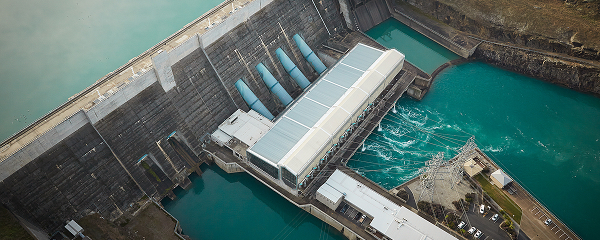
The Clyde Dam on Lake Dunstan is the largest concrete gravity dam in New Zealand. There is a million cubic metres of concrete in the dam with another 200,000 cubic metres in the powerhouse. The power station is capable of producing 432 megawatts (MW) of power from its four turbine generator units.
Click here to view the live webcam of Lake Dunstan
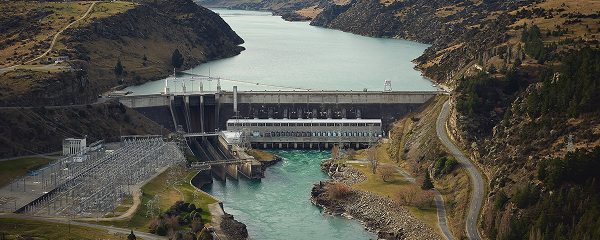
The first of Roxburgh's eight generators was commissioned over 60 years ago in 1956. Roxburgh is a concrete gravity dam, and with the powerhouse, contains about half a million cubic metres of concrete, weighing 1.5 million tonnes. The lake formed by the dam covers an area of nearly six square kilometres.
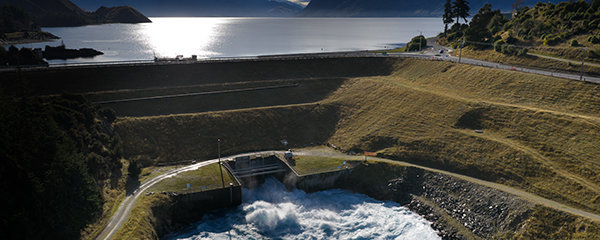
Located at the outlet of Lake Hāwea, the Hāwea Dam is a zoned earth embankment structure built in the 1950s. It plays a vital role in New Zealand’s hydroelectric network by providing controlled water storage for the Clyde and Roxburgh power stations. Without this regulation, these stations would rely solely on natural river flows, which can vary significantly with seasonal and weather conditions. The dam includes sluice gates that release water as needed, helping to maintain consistent generation capacity.
Thermally generated power converts the chemical energy in fuels into electricity.

The Whirinaki peaker plant is a 155MW, diesel fired peaker plant located at Whirinaki in Hawkes Bay. Approximately four million litres of diesel can be stored on site, enabling the plant to operate at full capacity for 92 hours. The plant consists of three fast-start units and can reach generating capacity from a cold start in between 20-30 minutes.
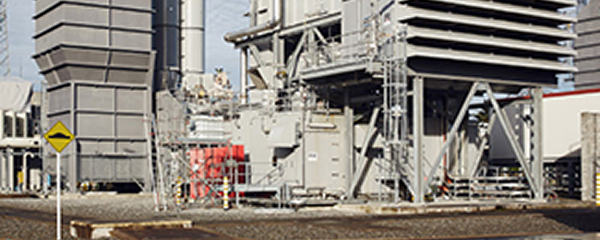
Commissioned in 1996, TCC produces 377MW of electricity. It provides a secure supply of electricity, while the country increases the level of electricity generated from renewable sources. Adjacent is the Stratford Peakers, two fast-start gas turbine peaking units that can go from a cold start to full load in just 10 minutes and generate up to 200 MW.
For independent complaint or pricing advice, click here. UDL & Powerswitch can help.
To read our Residential Consumer Care policy on how we'll keep you safe and connected, click here.